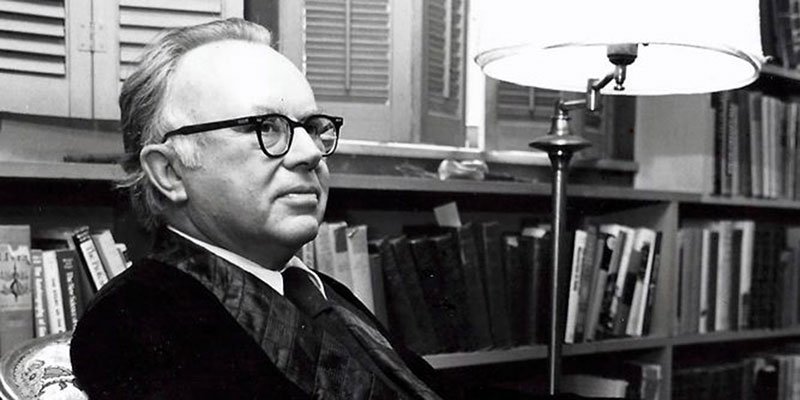October 19, 2020
6 quotes: Russell Kirk
October 19 is the birthday of Russell Kirk (1918-1994), whose book The Conservative Mind gave shape and direction to a rebounding transatlantic political and philosophical tradition. Kirk rooted conservatism, not in a political platform, but in a deep-seated respect for tradition, faith, order, morality, and precedent. Continue Reading...
